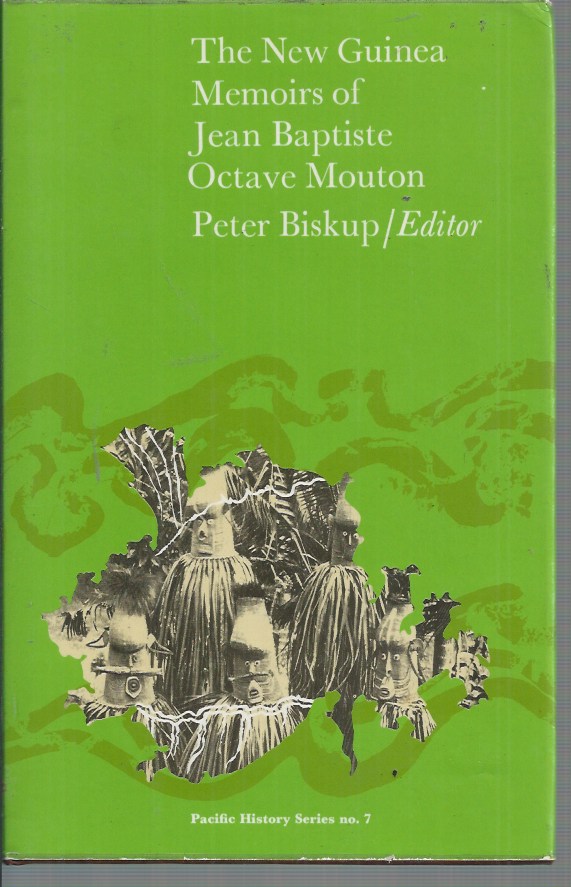PAPUA NEW GUINEA
In 1880 young Jean Baptiste Octave Mouton left Belgium and his trade as wigmaker’s apprentice to better his prospects in the Pacific. With his father, a leather worker, he joined the rascally Marquis de Rays’s ill-fated colonising venture in New Ireland and stayed to become a wealthy trader and copra planter. Mouton was refreshingly free of the pompous superiority of most Europeans. He was not misled by his own preconceptions but sympathised with native feelings and perceived something of the relationship of custom to the institutions of kinship and authority. Indeed he married a local woman and adopted certain local practices – inevitable incurring the disapproval of his European fellow-settlers. His ‘Memoirs’, impassive, matter-of-fact and impersonal in style, illustrate a dramatic theme: the impact of European arrival on small, isolated but stable communities, and the disruption caused to traditional ways of life. Recollections such as these throw valuable light on a poorly-documented period of New Guinea history and provide an account of such colourful figures as Thomas Farrell, the legendary Queen Emma – and Mouton himself.
- xiv,161p. : maps ; 22cm. Pacific history series ; no. 7.
- Bibliography: p.149-154. #201123
- Mouton, Jean Baptiste Octave, 1866-1946
- Merchants. Mouton, Jean Baptiste Octave, 1866-1946. Papua New Guinea. Bismarck Archipelago. Autobiographies
